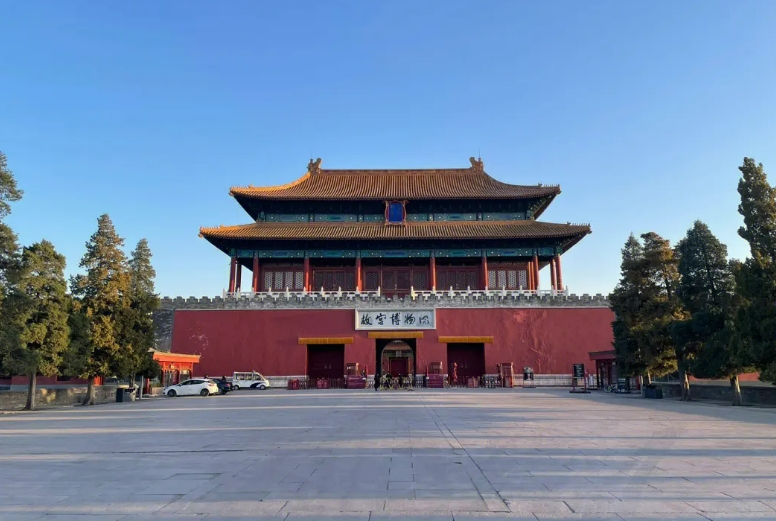
The Forbidden City: A Residence Reserved for the Emperor and His Inner Circle
The Forbidden City, a sprawling complex of palaces and courtyards in the heart of Beijing, served as the imperial palace for centuries, housing emperors from the Ming dynasty through the Qing dynasty. However, its imposing walls and guarded gates concealed a surprisingly exclusive community. Life within the Forbidden City was a privilege reserved for a select few, with strict regulations dictating who could enter, reside, and even spend the night.
The Emperor's Household: At the heart of this exclusive society resided the emperor, the Son of Heaven, considered a semi-divine figure. His sprawling living quarters, known as the Inner Court, were off-limits to all but his closest family and most trusted servants.
The Imperial Family: Residing within the Inner Court were the empress, concubines, and the emperor's children. Life for the women of the imperial family was one of strict protocol and limited freedom, their movements confined within the palace walls.
Eunuchs: The Emperor's Loyal Servants: Maintaining the daily operations of the Forbidden City fell upon the shoulders of thousands of eunuchs. These men, having undergone castration, were considered trustworthy and loyal servants, tasked with everything from guarding the palace gates to attending to the emperor's personal needs. Their presence was ubiquitous within the Forbidden City, their influence extending to many facets of palace life.
Stringent Rules of Access: Access to the Forbidden City was tightly controlled, a testament to the emperor's power and the sanctity of his residence. Even close family members like the emperor's brothers were forbidden from spending the night within the palace walls. This rule underscored the emperor's absolute authority and ensured his safety from potential rivals and threats.
Life Beyond the Walls: Outside the Forbidden City walls lay a bustling city, home to millions who would never set foot within the palace grounds. For those living outside, the Forbidden City remained a place of mystery and intrigue, its inner workings hidden from public view.
The Forbidden City stands as a powerful symbol of imperial China. Its exclusivity and the strict regulations governing its inhabitants offer a glimpse into the lives of those who lived and worked within its walls, revealing a world of power, privilege, and the intricate workings of the imperial court.
Q&A
1. Who were the only people allowed to live in the Forbidden City?
Only the emperor, his immediate family (empress, concubines, children), and eunuchs were permitted to reside within the Forbidden City.
2. Why were even the emperor's brothers forbidden from spending the night in the Forbidden City?
This rule underscored the emperor's absolute authority and served as a security measure to prevent potential power struggles or threats from within the imperial family.
3. What role did eunuchs play in the Forbidden City?
Eunuchs played a crucial role in the daily operations of the Forbidden City. They served as guards, attendants, administrators, and confidants to the emperor and his family, wielding considerable influence within the palace walls.